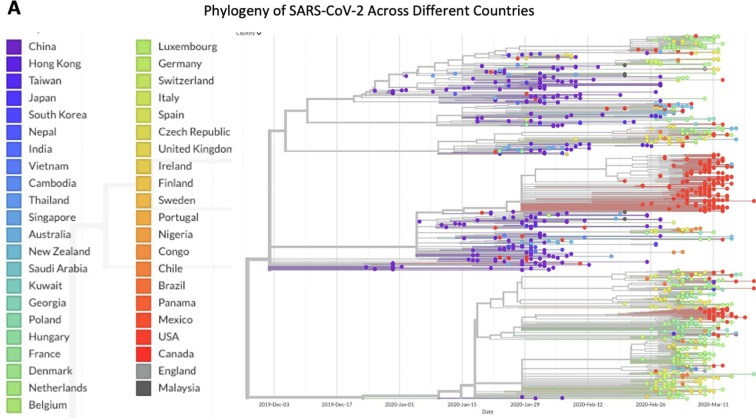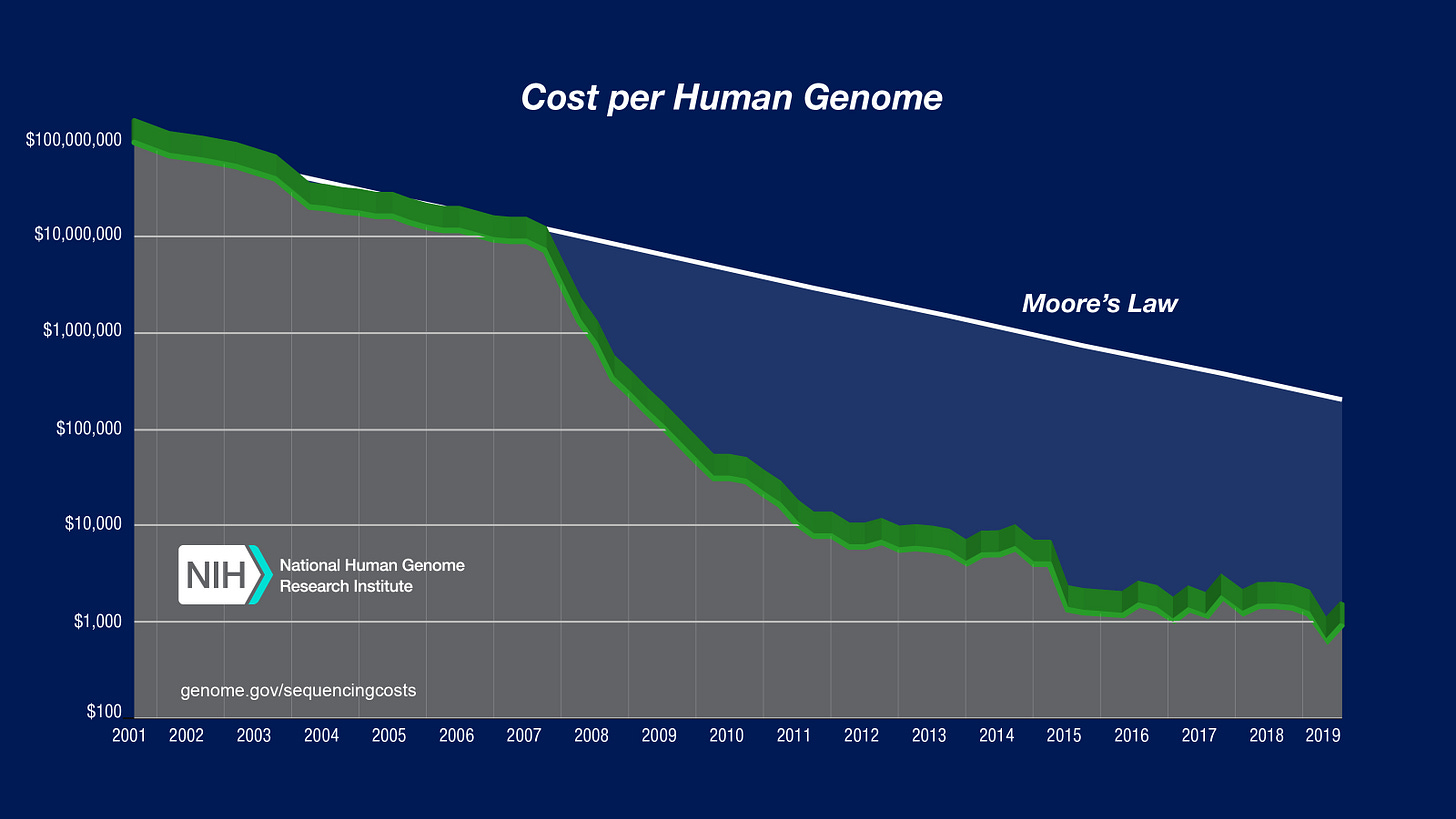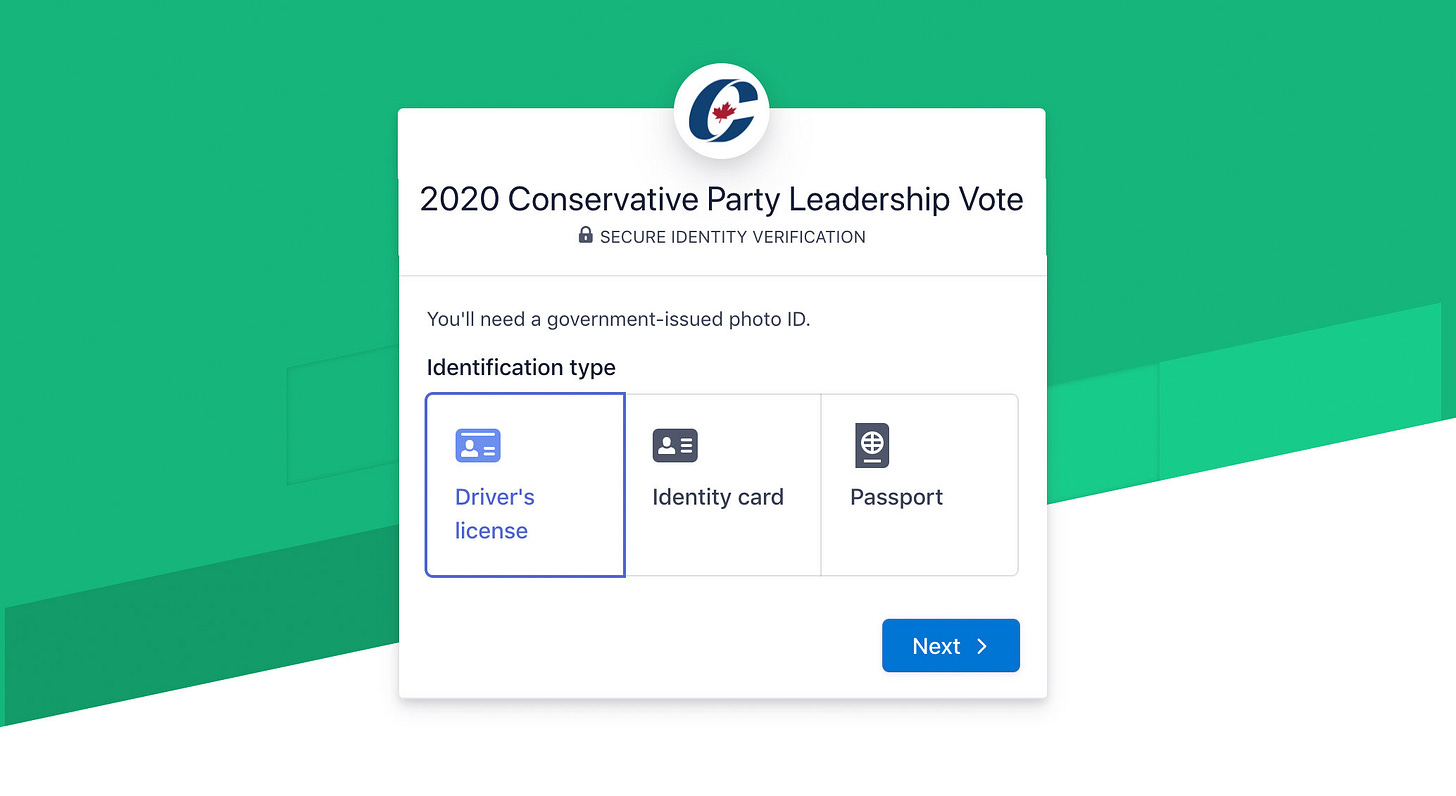Parliament's WE investigation broadens this week
Kielburgers and the former chair of WE's board are in the hotseat this week
Go ahead and subscribe. This newsletter is a miracle cure for the political boredom caused by state-subsidized news outlets.
WE treadmill whirs on while Goodlife hits the emergency stop
As per usual, they paid their fees too long after their they got any good use out of their membership.
Goodlife, the real-estate speculation firm which also owns and operates a series of gyms in Canada, finally threw in the towel on WE, breaking off their sponsorship of the beleaguered charity now facing national scrutiny.

Meanwhile, the WE show continues in Ottawa this week as the former chair of the board of directors is set to testify before Parliament this week on the activities of the charity.
Michelle Douglas outlined “concerning developments” at the organization.
MPs will likely want to probe the wave of resignations from the US and Canadian boards of WE prior to student grant fiasco.
WE blames board turnovers to the unprecented environment created by COVID-19. However we will soon find out more about WE’s governance as Douglas is set to testify before the House’s Finance Committee on Tuesday.
WE founders Marc and Craig Kielburger are also set to testify on Tuesday.
For his part, Justin Trudeau has said that he will show up to answer MP questions at the committee now tasked with investigating ‘Government Spending, WE and the Canada Student Service Grant’.
Showing up later in the process will give him time to react to earlier testimony rather than have later witnesses contradict his account.
The committee also wants to hear from the Prime Minister’s chief of staff Katie Telford and the CFO of WE Victor Li and will discuss those logistics today.

Conservative voting by mail
Voting in the 2020 Conservative leadership race is well underway and I must reflect that it would be great to see an emerging technology be integrated into this type of process in the future to make voting easier.
The Conservative Party of Canada is still asking its membership to handle and mail their ballot and provide a photocopy their ID to prevent voter fraud. If you even own a printer, you might use it twice a year. But do you own a scanner, let alone a photocopier?
During the height of the pandemic in April, the absurdity of using the mail service for non-essential activity was made pretty clear by a client of mine who wanted to send small payment by cheque through Canada Post.
So, you mean to tell me that you want to write what you owe me on a slip of paper, fold it up into another sheet of paper, seal it up with your spit, walk it to a building, and allow a series of people to pysically bring me this piece of paper from Montreal to Toronto?
After receiving this well-handled piece of mail, I promptly deposited it through the camera-scan function of the banking app on my phone.
In the future, the Conservative Party of Canada could provide an online voting portal that allows ID verification. There are more and more companies that provide APIs for this type of service.
Here’s a mockup of what that process could look like…
The emergency of COVID is underscoring our antiquated societal absurdities. Hopefully, we will dispence with more and more of these soon.
Canada studying COVID-19 genomes
Researchers at the University of British Columbia have begun genomic research into the coronavirus behind the ongoing global pandemic, and the genomes of some of the people who have been affected by it.
By looking at single DNA nucleotide changes in the whole genetic sequence that defines the coronavirus, researches can they can ‘fingerprint’ variants in order to determine geographic origins and spread of the virus.

The family tree of COVID-19
While this sort of work is being undertaken by a variety of labs all over the world, the UBC analysis of what factors in our own DNA may make one person more susceptible to the virus than another may prove to be more of a novel path of inquiry for Canadian researchers.
The cost of genomic sequencing has plumetted since the completion of the first human genome by the Human Genome Project in the early 2000s making such research more feasible.

In the future, Canadian policy makers will want to look further into the growing field of personal genomics along with the associated benefits for preventative medicine, broader genetic testing for disease, along with concerns regarding genomic discrimination.









